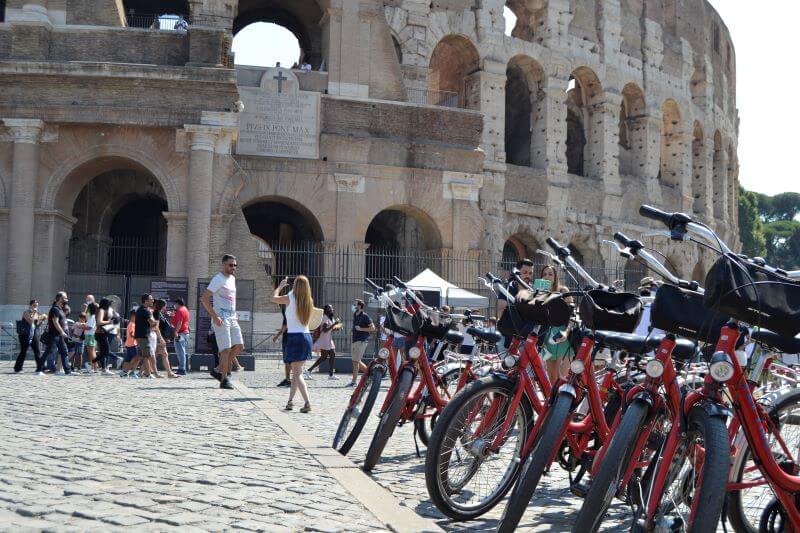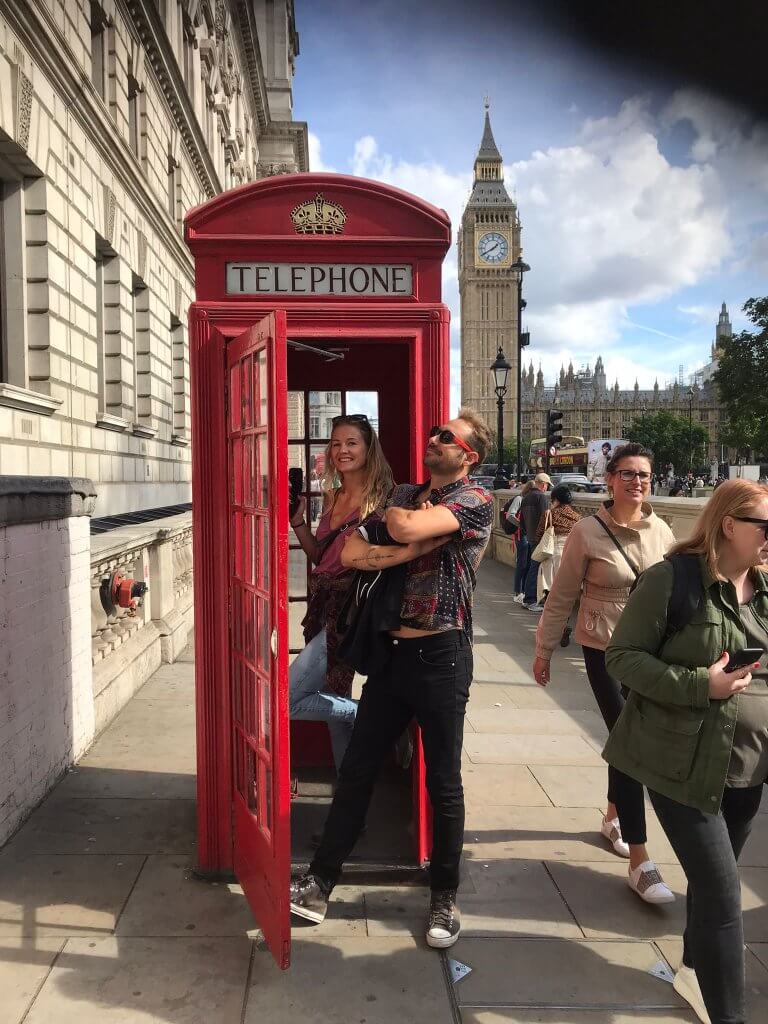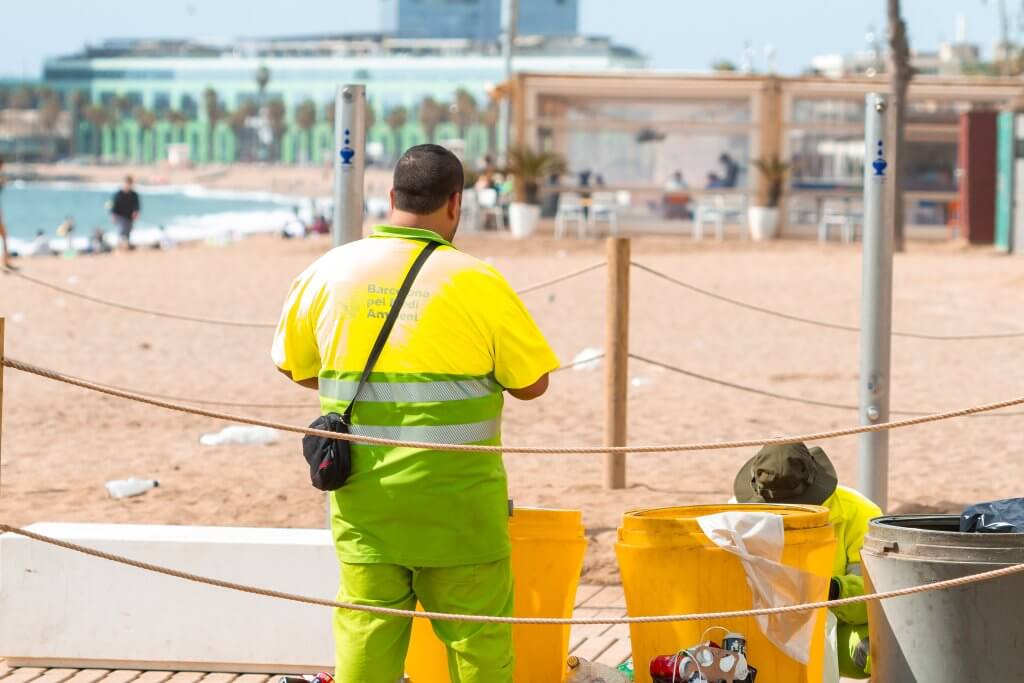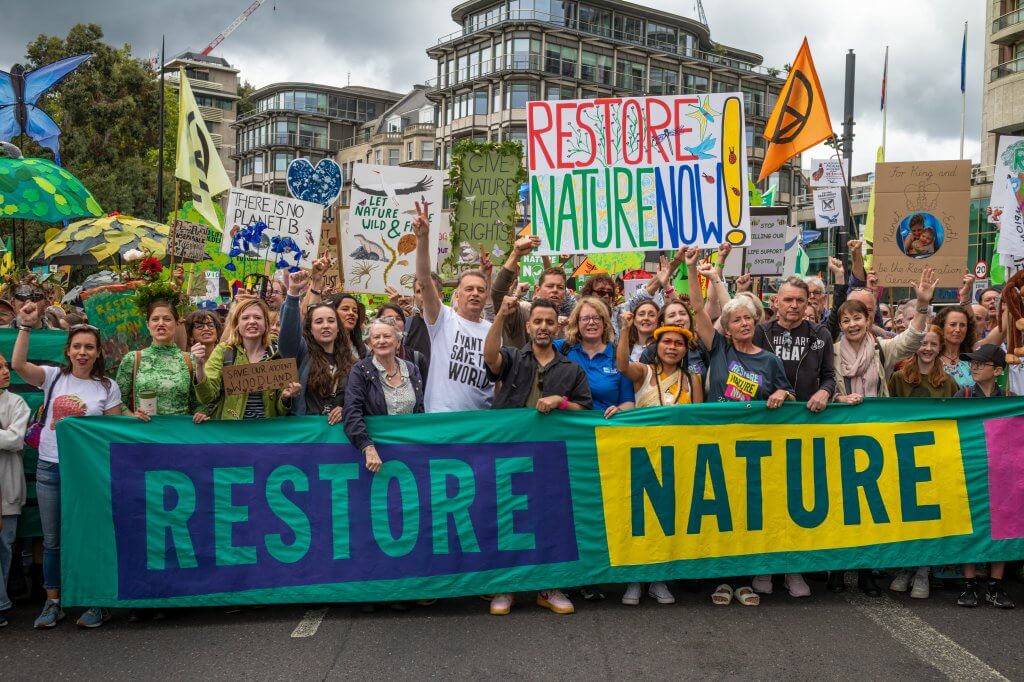Content Navigation
As travellers become increasingly conscious of their environmental impact, the travel industry is recognizing that sustainable tourism is no longer just a trend—it’s a necessity. At Turbopass, we’re committed to helping you explore Europe’s most captivating cities while minimising your carbon footprint. Our City Pass is designed to make your travels not only more convenient and cost-effective but also more environmentally friendly.

Sustainable travel involves exploring the world in a way that minimises negative impacts on the environment and local communities while maximising positive contributions. It’s about making conscious choices that preserve destinations for future generations. These principles are applicable worldwide, including in developing countries, where sustainable tourism can play a crucial role in economic and social development.
The UN Environment Program and World Tourism Organization define sustainable tourism as “tourism that takes full account of its current and future economic, social and environmental impacts.”

When planning a sustainable trip, it’s crucial to research destinations that prioritize eco-friendly practices. Look for places that have implemented renewable energy solutions, offer eco-friendly transportation options, and have a strong focus on environmental sustainability and community engagement.
When planning your trip, consider the environmental impact of your transportation choices. Here are some tips for getting to your destination sustainably:
Choose Trains or Buses Over Flights: Whenever possible, opt for trains or buses instead of flying. These modes of transport produce significantly fewer greenhouse gas emissions per passenger, helping to lower your carbon footprint.
Offset Your Carbon Emissions: If air travel is unavoidable, consider offsetting your carbon emissions by investing in carbon offset projects or purchasing carbon credits. This helps balance out the carbon dioxide produced by your flight.
Carpool or Rent an Electric Vehicle: If you’re driving, consider carpooling with others or renting an electric or hybrid vehicle. These options can significantly reduce your carbon footprint compared to traditional fossil fuel-powered cars.
Use Public Transportation, Walk, or Bike: Once you arrive at your destination, make use of public transportation, walk, or bike to get around. These methods not only achieve a lower carbon footprint but also allow you to experience the local culture more intimately.
Our City Pass is your key to unlocking eco-friendly adventures in the most exciting and beautiful cities in Europe and Middle East. Here’s how it promotes sustainable tourism:
Eco-Friendly Transportation: Each of these City Passes (Barcelona, Paris, Florence and London) now includes 2 hours of bike hire and a 3-hour guided bike tour of the city’s highlights. This not only reduces your greenhouse gas emissions but also allows you to experience the city from a unique perspective.
Public Transport Access: The pass includes or offers discounted access to local public transport, reducing the need for taxis or private cars.
Digital Format: Our City Pass is entirely digital, eliminating paper waste and making it easy to access on your smartphone.
Support for Local Businesses: By including local attractions and experiences, the City Pass helps support sustainable local economies.
Efficient Sightseeing: With skip-the-line access to many attractions, you can plan your visits more efficiently, reducing overall energy consumption.

Imagine cycling past the Colosseum as the morning sun bathes it in golden light, or gliding through the charming streets of Trastevere. With your Rome City Pass, you can rent a bike and discover the Eternal City’s rich history on two wheels. Pedal up to the Pantheon, toss a coin in the Trevi Fountain, and explore the ancient Forum—all while reducing your carbon pollution.
Florence’s compact historic centre is ideal for cycling. Your City Pass gives you the freedom to explore the Ufiizi Galleries, across the Ponte Vecchio, and up to Piazzale Michelangelo for breathtaking views—all while reducing your environmental impact.

Barcelona’s wide avenues and seaside promenades are perfect for cycling. Use your Barcelona City Pass to rent a bike and cruise through the Gothic Quarter, along the beach, and up to Sagrada Familia and Passeig de Gràcia to admire Gaudí’s architectural wonders. It’s an eco-friendly way to cover more ground and discover hidden gems off the beaten path.
There’s nothing quite like cycling along the Seine or through the Jardin des Tuileries. Your Paris City Pass lets you experience the romance of the city on two wheels, from the Eiffel Tower to the charming streets of Montmartre.
London’s extensive network of cycle paths makes it a joy to explore by bike. Use your London City Pass to pedal through Hyde Park, along the Thames, and past iconic landmarks like London Eye, Big Ben and Tower of London.
Skip-the-Line Privileges: Reduce time spent queuing, which means less energy wasted on crowded days.
Curated Experiences: By focusing on quality experiences rather than quantity, we help reduce over-tourism.
Seasonal Recommendations: We provide suggestions for visiting attractions during off-peak times, promoting more sustainable tourism patterns.

People: Support local guides and businesses.
Planet: Reduce carbon emissions through eco-friendly transportation options.
Prosperity: Contribute to local economies through responsible tourism.
Peace: Foster cultural understanding through authentic experiences.
Partnership: Collaborate with local sustainable initiatives and attractions.
By choosing our City Pass for your European adventures, you’re not just saving money and time—you’re contributing to a more sustainable future for travel. Let’s explore these magnificent cities together, leaving nothing but footprints (or bike tracks) and taking nothing but memories.
Ready for an eco-friendly adventure in Europe’s most captivating cities? Get your Turbopass City Pass today and start your sustainable journey!

Here are some responsible travel tips to help you reduce your impact on the environment:
Choose Eco-Certified Hotels: Research your destination and select eco-certified hotels that follow sustainable practices. These establishments often implement energy-efficient lighting, water conservation, and measures to reduce waste.
Reduce waste: Bring reusable items such as a reusable water bottle, shopping bags, and toiletry containers. Do not buy single use plastic bags.
Respect Local Culture and Customs: Be mindful of local traditions and customs. Avoid behaviors that could harm the environment or local communities, and always show respect for the local culture.
Reduce Your Carbon Footprint: Use public transportation, walk, or bike whenever possible to experience the destination more authentically.
Support Local Economies: Purchase local products and services, such as food, crafts, and souvenirs. This helps support local businesses and ensures that your spending benefits the community.
Be Mindful of Energy Consumption: Turn off lights, air conditioning, and heating when not in use. Simple actions like these can significantly reduce your energy consumption and contribute to global sustainability standards.

Supporting local economies is an important part of responsible tourism. Here are some ways you can support local economies during your trip:
Purchase Local Products and Services: Buy food, crafts, and souvenirs from local vendors. This not only supports local businesses but also provides you with unique and authentic items to remember your trip.
Choose Local Tour Operators and Guides: Opt for local tour operators and guides who follow sustainable tourism practices. They often have a deeper understanding of the area and can provide more meaningful and responsible tourism experiences.
Stayin Locally-Owned Accommodations: Choose eco-certified hotel rooms or locally-owned accommodations that support local people. These establishments often reinvest in the community and follow sustainability practices.
Eat at Local Restaurants and Cafes: Dine at local restaurants and cafes that source ingredients from local farmers and suppliers. This supports the local food industry and reduces the carbon pollution associated with transporting food over long distances.
Avoid Large Chain Restaurants: Large chain restaurants may not contribute as significantly to the local economy. By choosing local options, you ensure that your spending has a positive impact on the community.
By following these tips, you can help reduce your impact on the environment and local communities, and support sustainable vacation ideas that promote a more sustainable future.
Enjoy your travels and stay safe!